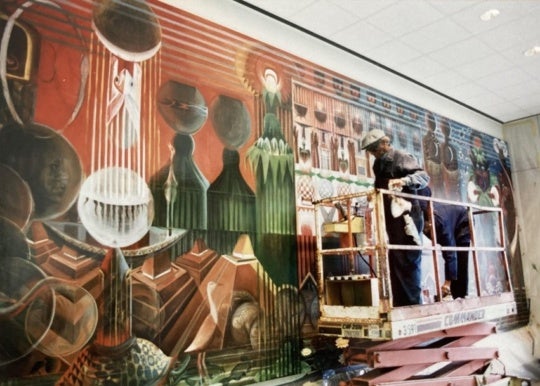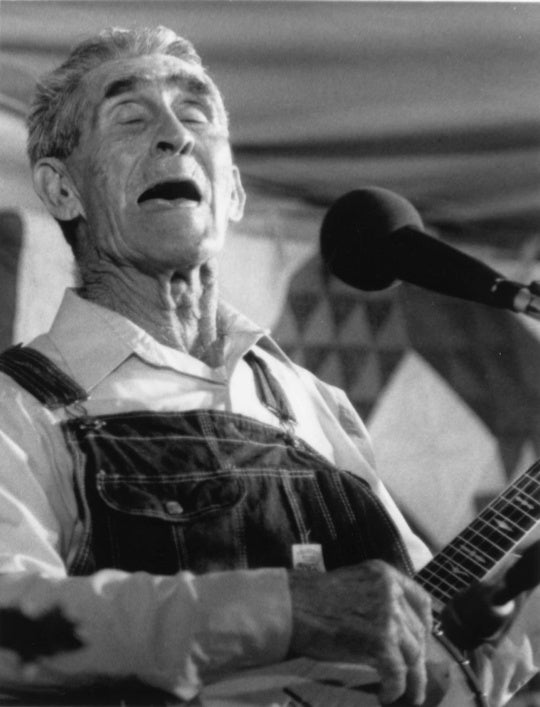
“Being a Southerner is a lot like being a Jew, and every bit as complicated.”
Teachers of writing often preach the importance of crafting an attention-grabbing first line. They’ll warn students of hackneyed phrasing, trite transgressions, and the perils of employing first person in an analytical piece. Examples of what to do and what not to do will be projected, dissected, and discarded. Exceptional first lines will be shared, and the Writing Teacher will be proud.
Reading the first line of Tracy Thompson’s The New Mind of the South, teachers of writing, literature, and history can quickly surmise that what they hold in their hands is more than just something to be proud of; it’s something to learn from.
A native Georgian, Tracy Thompson was born in Atlanta in 1955 and grew up in the suburbs surrounding the city. A graduate of Emory University in 1977, Thompson went on to work for The Atlanta Journal Constitution before it had the Journal part. In 1988, her investigative series on the court system in a rural Georgia judicial circuit, entitled Rural Justice, was a finalist for the 1988 Pulitzer Prize in Investigative reporting.
Thompson writes:
“I am a Southerner. The Thompson family roots go at least six generations deep in the soil of Georgia, Alabama, and Tennessee (though a few hardy adventurers have made it as far as Oklahoma). A Southern identity is something I can’t imagine myself without, and yet I’ve spent much of my life trying to come up with a definition of exactly what that is.”
It’s after reading those statements that we have it: perspective, purpose. Thompson is on a quest, and it’s one that is both personal and public. In her own words, “I had known for a long time that the history I’d picked up from the adults around me was a confusing jumble of truth and hearsay and propaganda.”
She continues:
“I started out, then, with the idea of writing about this mismatch of history and identity that so many Southerners up through my generation have had, this vague sense of cognitive dissonance that comes with growing up in a world where nothing you see around you quite fits with the picture of history made available to you. When we said, “I am a Southerner,” what did we mean? Specifically, what did it mean to be a product of a region so largely defined by race in a so-called post-racial era, when the nation had just elected its first African American president? And did it even matter?”
Whether you’ve been born and bred in the South, or you’re a transplant from anywhere USA, Thompson’s The New Mind of the South presents a complicated—and many times profoundly misunderstood—region of The United States. In a book that is well written, intelligent, and unafraid, Thompson wades through the murky waters of Southern history with an unflinching desire to understand her present by unearthing the past.
From a speculative standpoint, all the things you might expect to read about are there: racism, Baptists, and grits. But it’s the unexpected things, of which there are many, that make The New Mind of the South so compelling. From seemingly simple labels, like the definition of “Southern,” to the more complex platforms of immigration, the Civil War, and the vast history of Southern culture that lives in the shadows, Thompson’s book does not attempt to redefine the South so much as it attempts to understand the complicated and often mutating identity of a region that is trying to do the same.
And while there are numerous references to Georgia throughout this book, residents of Atlanta will be particularly intrigued to discover an entire chapter dedicated to the city itself. But make no mistake, The New Mind of the South isn’t a sugary collection of rainbows and sunshine, nor is it a nightmare on Northside. Simply put, this book is an education. Something that could, and probably should, be required reading for all high school students. For this book will teach you what a textbook, on its most glorious of days, would only hope to teach. The lessons to be learned here aren’t easy; in fact, they’re quite hard. But like Tom Hanks said in A League of Their Own, “if it wasn’t hard, everyone would do it.”
I’ve taught high school English for the past seven years, and I’m tempted to argue the same of teaching as a profession, “if it wasn’t hard, everyone would do it.” I’ve seen plenty of textbooks come and go, witnessed a few textbook adoptions here and there, and seen one set of superficial summarizations switched out for another. To quote jargon I hear all too often: “It’s lacking rigor.” (In this case, “it’s” equals textbook.) But that’s a tangent for a different day.
Thompson’s book, full of opinions that will no doubt be irksome to some, also references (via footnotes) a surplus of speeches, reports, essays, editorials and so on that both support and detract her ongoing investigation. From her “Notes” section, spanning thirteen pages in the back of her book, to the index, any teacher charged with the task of instructing students how to conduct purpose-driven research could use this book as a prime example. But even more than that, The New Mind of the South presents a vantage point that is far from formulaic. There is nothing prescriptive in Thompson’s account: Prescriptive doesn’t ruffle feathers. Fortunately, Thompson’s words do, but in a good way. She has a voice, and you can hear it on every page of this book.
-Ryan Neumann
House rules for commenting:
1. Please use a full first name. We do not support hiding behind anonymity.
2. All comments on BURNAWAY are moderated. Please be patient—we’ll do our best to keep up, but sometimes it may take us a bit to get to all of them.
3. BURNAWAY reserves the right to refuse or reject comments.
4. We support critically engaged arguments (both positive and negative), but please don’t be a jerk, ok? Comments should never be personally offensive in nature.





